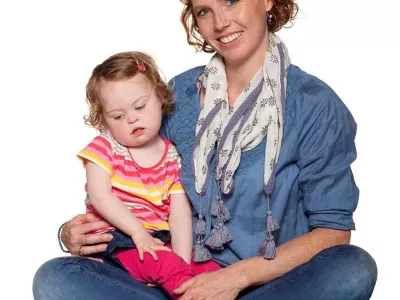Positive Parenting: What It ISN'T, And What It Is

Evidence-based parenting programs have been around for a while now, even though parenting’s been around for a lot longer. Fortunately, people are now starting to recognise that “whatever was good enough in the past should be good enough now” isn’t always a statement to live by. Otherwise we’d still be undergoing blood-letting as a flu remedy, using lead paint and thinking children should be seen and not heard.
Research into child development and what works for parents and families has come such a long way. There’s no longer any need for parents to stumble along on their own, hoping they’re getting it right.
It’s great that the term positive parenting has become so widespread, and it’s hardly surprising given that the Triple P – Positive Parenting Program® has continued with its research and development for around thirty years and is used all over the world. However, often when people talk about positive parenting, they’re not specifically talking about Triple P but just a general parenting philosophy. And there are also some misconceptions regarding what’s meant by positive parenting. Some people think it means no discipline at all. (It doesn’t.) Others seem to think it’s an inflexible “you must do this” dogma. Still others claim it’s all a bit new-fangled.
For the record, positive parenting DOESN’T mean:
- Letting your kids run riot
- Constantly praising them for everything
- Doing whatever your children want you to do
- Manipulating your children to do what you want them to
- Following a set of one-size-fits-all rules
- Feeling guilty if you’re not “the perfect parent”
Positive parenting DOES mean:
- Helping parents feel more confident and competent – research shows that as a result, parents are less depressed, less stressed, and have less conflict with their partners over parenting issues.
- Using everyday situations and creating opportunities to help children learn and to motivate them to do their best.
- Building strong, nurturing relationships and good communication.
- Planning ahead to prevent problems.
- Using evidence-based ways of managing problem behaviour.
- Teaching children to manage their behaviour and emotions in a constructive and non-damaging way.
- Looking after yourself as a parent, including by learning more about managing your own stress.

